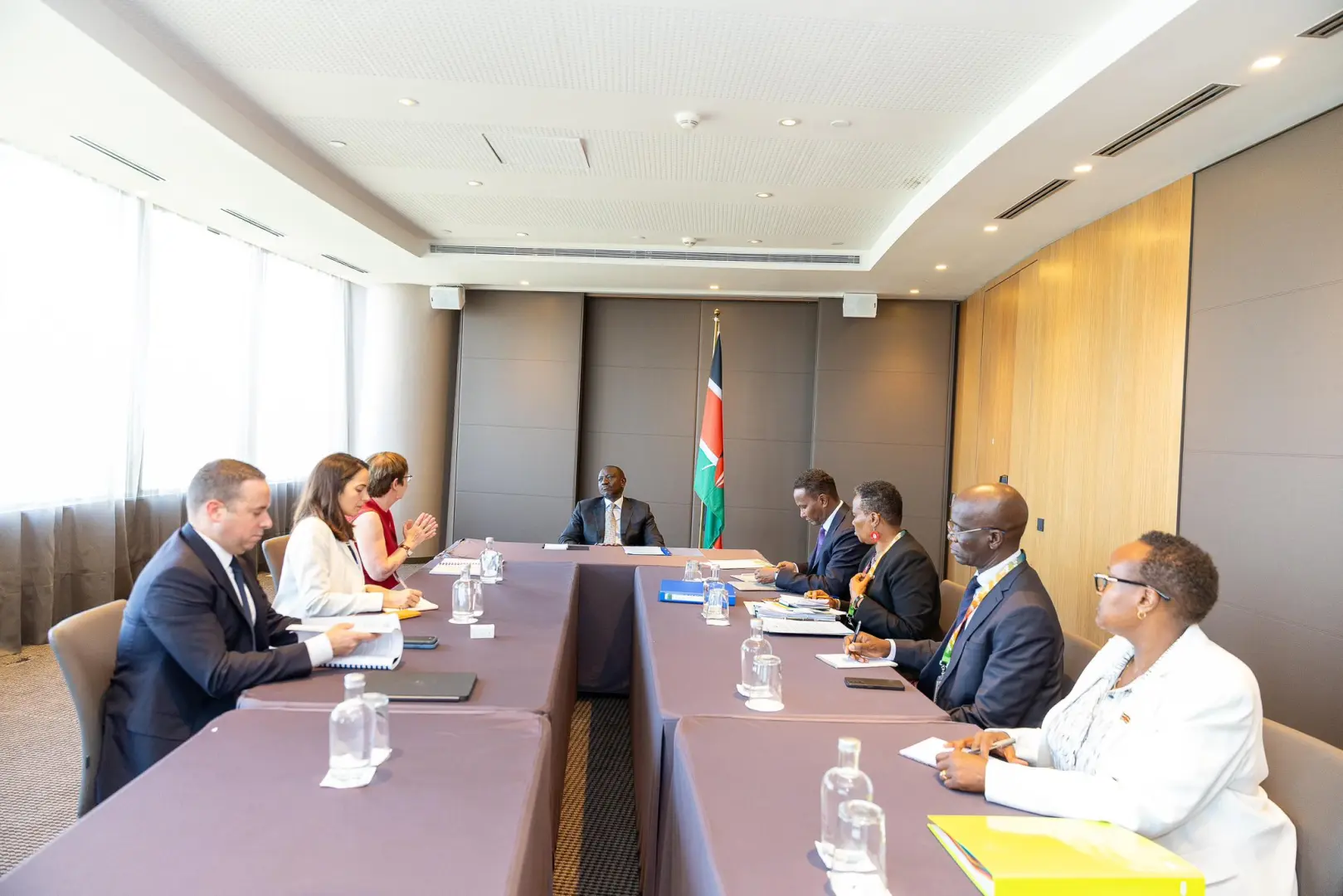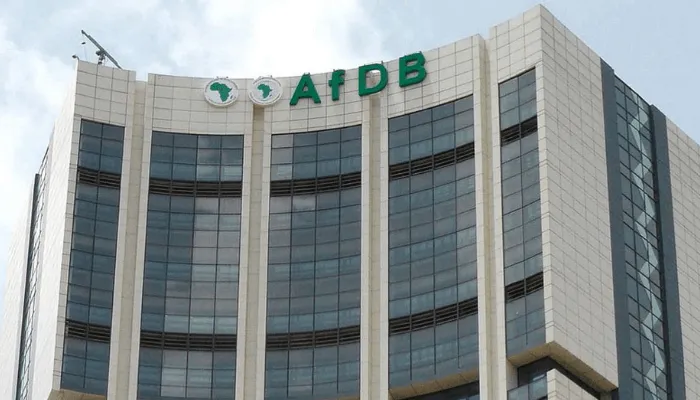Zambia has secured a significant investment of $58 million aimed at bolstering its digital infrastructure, an achievement driven by the government’s removal of taxes on the importation of digital equipment. This initiative, implemented since 2021, has enabled the country to establish vital fiber optic connections with its eight neighboring countries, significantly enhancing regional connectivity and encouraging the growth of private sector investment in digital technology.
The country’s Minister of Technology and Science, Hon. Felix Mutati, emphasized the importance of tax incentives as a crucial factor in attracting private sector interest and ensuring a seamless flow of foreign direct investment (FDI). Speaking during a ministerial panel discussion at the 2024 Digital Government Africa Summit held in Chongwe District, Mutati highlighted how Zambia’s progressive tax policy has opened doors for investment, particularly in the digital economy, a sector pivotal for driving sustainable economic growth.
Tax Reforms as a Catalyst for Investment
The decision to remove taxes on the importation of digital infrastructure equipment was part of a broader strategy by the Zambian government to accelerate the country’s digital transformation. Prior to the removal of these taxes, potential investors were deterred by high costs, which made it less attractive to venture into Zambia’s burgeoning digital sector. This policy shift has not only made the country more competitive but has also facilitated the rapid expansion of digital infrastructure, connecting Zambia with key regional economies such as Angola, Tanzania, the Democratic Republic of Congo, and Mozambique.
Minister Mutati noted that these tax reforms have attracted significant private sector participation, contributing to the establishment of a robust fiber optic network. The new fiber optic links have become critical in enhancing the nation’s connectivity, improving internet access, and supporting industries such as banking, telecommunications, and e-commerce, which rely on strong digital infrastructure to function efficiently.
The Role of Fiber Optic Networks in Regional Integration
Fiber optic technology is widely recognized as the backbone of modern digital infrastructure, offering high-speed, reliable internet connectivity that is essential for both business operations and social development. By connecting with neighboring countries, Zambia is positioning itself as a regional hub for data transmission and internet services, opening up opportunities for regional collaboration in sectors such as e-commerce, telecommunications, and digital banking.
The establishment of these transnational fiber optic links is in line with broader efforts by the African Union (AU) and other regional bodies like the Southern African Development Community (SADC) to improve digital infrastructure across the continent. These initiatives are aimed at fostering regional integration, enhancing economic cooperation, and reducing the digital divide between African nations and their global counterparts.
Encouraging Private Sector Growth
Minister Mutati’s announcement comes at a time when Zambia is working to diversify its economy by expanding the digital sector. As the global economy becomes increasingly digital, countries with strong IT infrastructure are better positioned to attract foreign investment and create jobs in emerging industries such as fintech, software development, and online services. Zambia’s proactive approach to removing barriers for digital infrastructure investment is creating a more conducive environment for private sector growth, particularly for companies looking to establish data centers, cloud computing services, and digital payment platforms.
According to Mutati, the incentives provided by the government, including tax holidays and the establishment of digital zones, have created a favorable environment for innovation and technological growth. This has not only attracted domestic companies but also international firms eager to take advantage of Zambia’s strategic location and improved infrastructure.
Panel Discussions and Broader African Context
The 2024 Digital Government Africa Summit, where Minister Mutati made these remarks, brought together key stakeholders from across the continent to discuss the future of digital transformation in Africa. Among the panelists were Burundian Minister of Communications, ICT, and Technology Leocadie Ndacayisaba, Somali Minister of Communications and Technology Mohammed Ali, and South African Deputy Minister of Communications and Digital Technologies Mondli Gungubele. These leaders shared insights on the importance of regional cooperation in building Africa’s digital infrastructure, particularly through public-private partnerships (PPP) and policy harmonization across borders.
Zambia’s success in securing investment aligns with broader trends across Africa, where governments are increasingly recognizing the importance of digital infrastructure in driving economic growth. In countries like Nigeria, Kenya, and South Africa, investments in fiber optic networks, mobile broadband, and digital payment platforms have accelerated the growth of tech ecosystems, creating jobs and improving service delivery. The African Union’s Digital Transformation Strategy for Africa (2020-2030) aims to foster a unified digital market across the continent, a vision that Zambia’s recent achievements contribute to.
Enhancing Zambia’s Position in the African Digital Economy
Zambia’s digital strategy goes beyond connectivity, with a focus on enhancing digital literacy, improving e-government services, and fostering innovation in key sectors such as agriculture, education, and healthcare. The digital economy is poised to play a pivotal role in Zambia’s long-term development strategy, as the country seeks to reduce its reliance on traditional industries like mining and agriculture and transition to a more diversified and sustainable economy.
The private sector’s involvement is crucial to sustaining this growth, and companies from various industries are already capitalizing on the improved digital infrastructure. The increased internet penetration enabled by fiber optic technology is particularly important for sectors such as telecommunications, which are witnessing rapid growth in mobile money services, a key driver of financial inclusion across Africa.
Challenges and the Road Ahead
While Zambia’s achievements in digital infrastructure are impressive, challenges remain. Expanding fiber optic networks to rural areas, where much of the population resides, will be crucial to ensuring that all citizens benefit from the country’s digital transformation. Additionally, the government must continue to create an enabling regulatory environment that encourages competition and innovation while protecting consumer rights and ensuring data privacy.
Another challenge is maintaining the momentum of investment. While the removal of import taxes has attracted initial investments, the government must continue to provide incentives and create policies that support long-term growth. This includes working closely with regional bodies and neighboring countries to harmonize policies and create a seamless digital infrastructure network across borders.
Conclusion
Zambia’s $58 million investment in digital infrastructure marks a significant milestone in the country’s digital transformation journey. The removal of taxes on digital equipment has proven to be a successful strategy for attracting private sector investment, enabling the country to establish critical fiber optic links with its neighbors and positioning itself as a regional leader in digital connectivity. As the country continues to build its digital infrastructure, it will play an increasingly important role in Africa’s broader digital economy, contributing to regional integration, economic growth, and the creation of new opportunities for businesses and individuals alike.
With ongoing support from both the government and the private sector, Zambia is on the path to becoming a key player in the global digital economy, leveraging technology to drive innovation, improve service delivery, and foster sustainable development.
photo source: Google
By: Montel Kamau
Serrari Financial Analyst
3rd October, 2024
Article, Financial and News Disclaimer
The Value of a Financial Advisor
While this article offers valuable insights, it is essential to recognize that personal finance can be highly complex and unique to each individual. A financial advisor provides professional expertise and personalized guidance to help you make well-informed decisions tailored to your specific circumstances and goals.
Beyond offering knowledge, a financial advisor serves as a trusted partner to help you stay disciplined, avoid common pitfalls, and remain focused on your long-term objectives. Their perspective and experience can complement your own efforts, enhancing your financial well-being and ensuring a more confident approach to managing your finances.
Disclaimer: This article is for informational purposes only and does not constitute financial advice. Readers are encouraged to consult a licensed financial advisor to obtain guidance specific to their financial situation.
Article and News Disclaimer
The information provided on www.serrarigroup.com is for general informational purposes only. While we strive to keep the information up to date and accurate, we make no representations or warranties of any kind, express or implied, about the completeness, accuracy, reliability, suitability, or availability with respect to the website or the information, products, services, or related graphics contained on the website for any purpose. Any reliance you place on such information is therefore strictly at your own risk.
www.serrarigroup.com is not responsible for any errors or omissions, or for the results obtained from the use of this information. All information on the website is provided on an as-is basis, with no guarantee of completeness, accuracy, timeliness, or of the results obtained from the use of this information, and without warranty of any kind, express or implied, including but not limited to warranties of performance, merchantability, and fitness for a particular purpose.
In no event will www.serrarigroup.com be liable to you or anyone else for any decision made or action taken in reliance on the information provided on the website or for any consequential, special, or similar damages, even if advised of the possibility of such damages.
The articles, news, and information presented on www.serrarigroup.com reflect the opinions of the respective authors and contributors and do not necessarily represent the views of the website or its management. Any views or opinions expressed are solely those of the individual authors and do not represent the website's views or opinions as a whole.
The content on www.serrarigroup.com may include links to external websites, which are provided for convenience and informational purposes only. We have no control over the nature, content, and availability of those sites. The inclusion of any links does not necessarily imply a recommendation or endorsement of the views expressed within them.
Every effort is made to keep the website up and running smoothly. However, www.serrarigroup.com takes no responsibility for, and will not be liable for, the website being temporarily unavailable due to technical issues beyond our control.
Please note that laws, regulations, and information can change rapidly, and we advise you to conduct further research and seek professional advice when necessary.
By using www.serrarigroup.com, you agree to this disclaimer and its terms. If you do not agree with this disclaimer, please do not use the website.
www.serrarigroup.com, reserves the right to update, modify, or remove any part of this disclaimer without prior notice. It is your responsibility to review this disclaimer periodically for changes.
Serrari Group 2025





